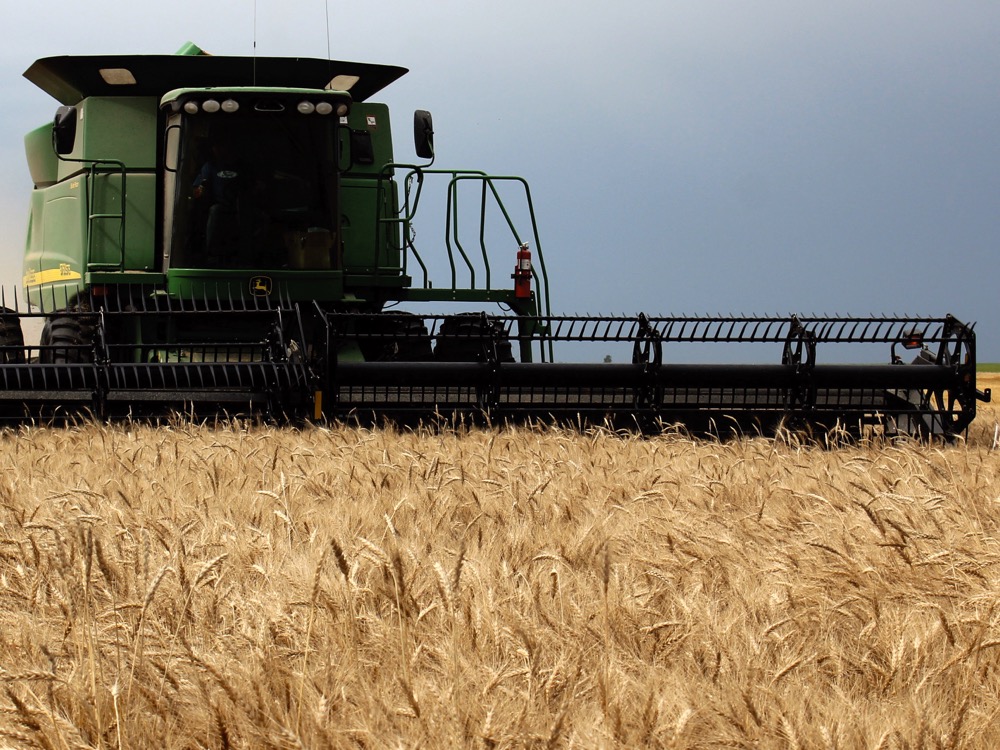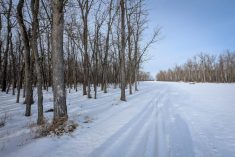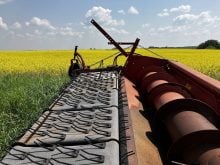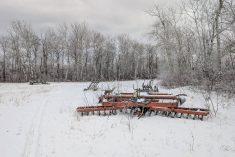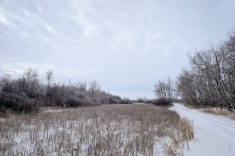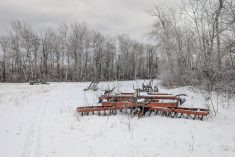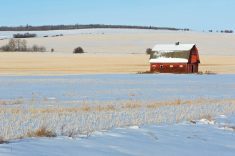Commodity News Service Canada – Producers in southern Alberta have begun to combine some grain and pulses, according to a farm leader.
“Down around Lethbridge and south of it, they had pretty decent moisture so they’ve got good crops. Guys are starting to combine winter wheat now and peas,” said Lynn Jacobsen, president of the Alberta Federation of Agriculture, during an interview on July 27.
He says some areas southeast of Calgary (Vulcan, Enchant) were still dealing with dry-soil conditions but north of the city, some were dealing with too much moisture.
Read Also
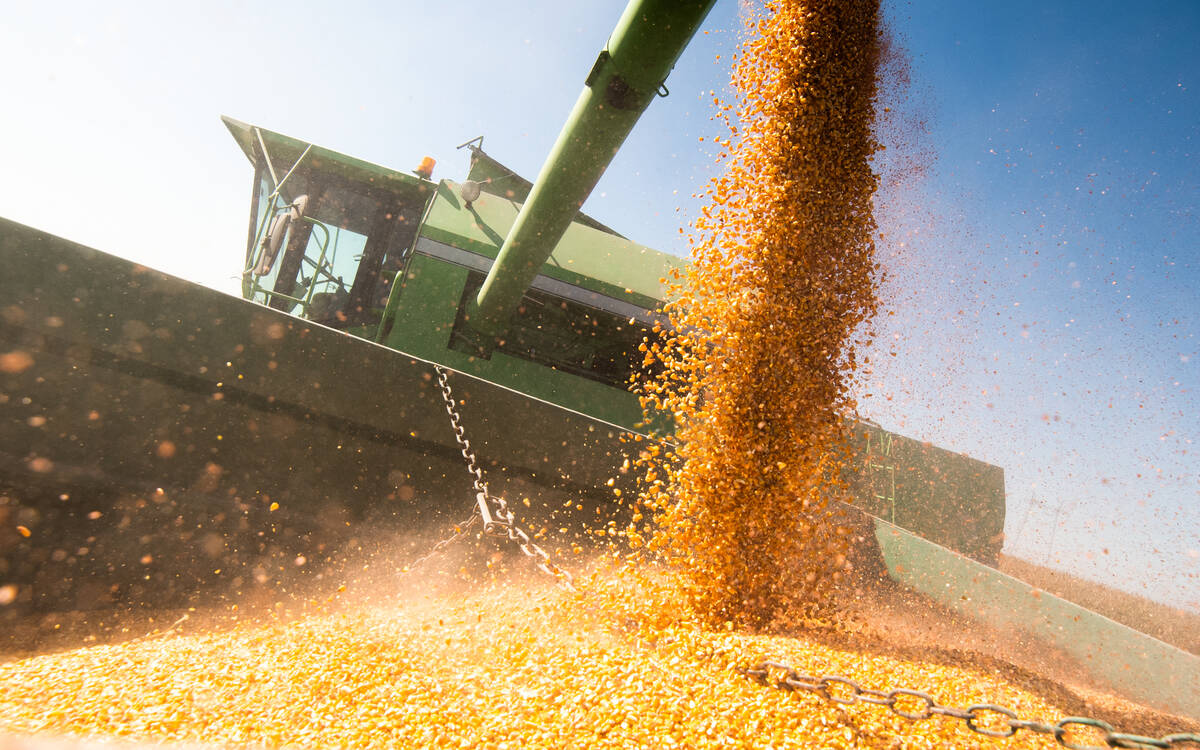
Feed Grain Weekly: Corn affecting barley prices in Lethbridge
Corn imports entering Lethbridge have lowered prices for feed barley compared to those in Edmonton.
“It varies from part to part but overall, the moisture is now adequate,” he said.
East of Alberta, it’s a different story.
Manitoba has been soaked in pretty much all major growing areas while Saskatchewan has also seen its share of downpours.
“Most guys (in Saskatchewan) are 10 days or two weeks out from doing anything in the field. So there’s a possibility for it to dry up,” said Norm Hall, president of the Agricultural Producers Association of Saskatchewan.
He suspects some farmers in southern Saskatchewan are close to taking off winter wheat, but he’s not aware of any areas that are completely dry.
“It would be easier to say this is one time where the southwest is not asking for any rain, which is really unusual,” Hall explained.
However, haying efforts in Saskatchewan are being made more difficult because of the rain. Hall says most of the hay that was cut in early July is still sitting because rain and high humidity have delayed cutting.
The rain has also brought renewed concerns over disease threats too, but at this point, neither Hall or Jacobsen are aware of any serious issues. Fungicide spraying is ongoing.
Insects are starting to become more noticeable though, in both provinces.
“Lygus bugs are around but I haven’t heard of any major problems yet,” said Jacobsen.
“There’s been a few guys finding aphids in peas and lentils but I haven’t heard of any canola bugs yet, thankfully,” added Hall.
Both leaders say the crops should be alright as long as August stays reasonably dry.


